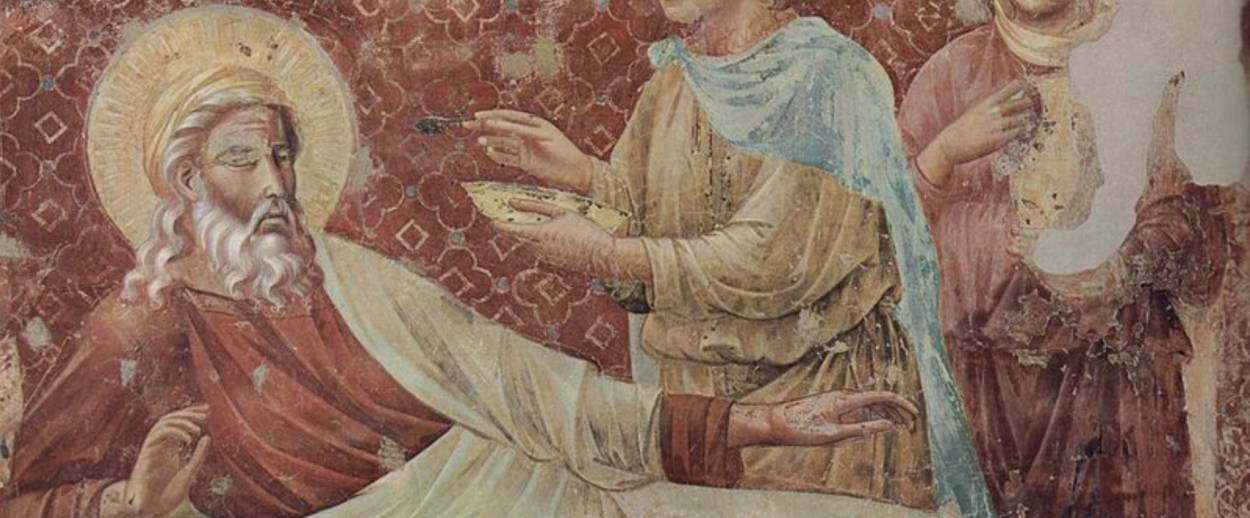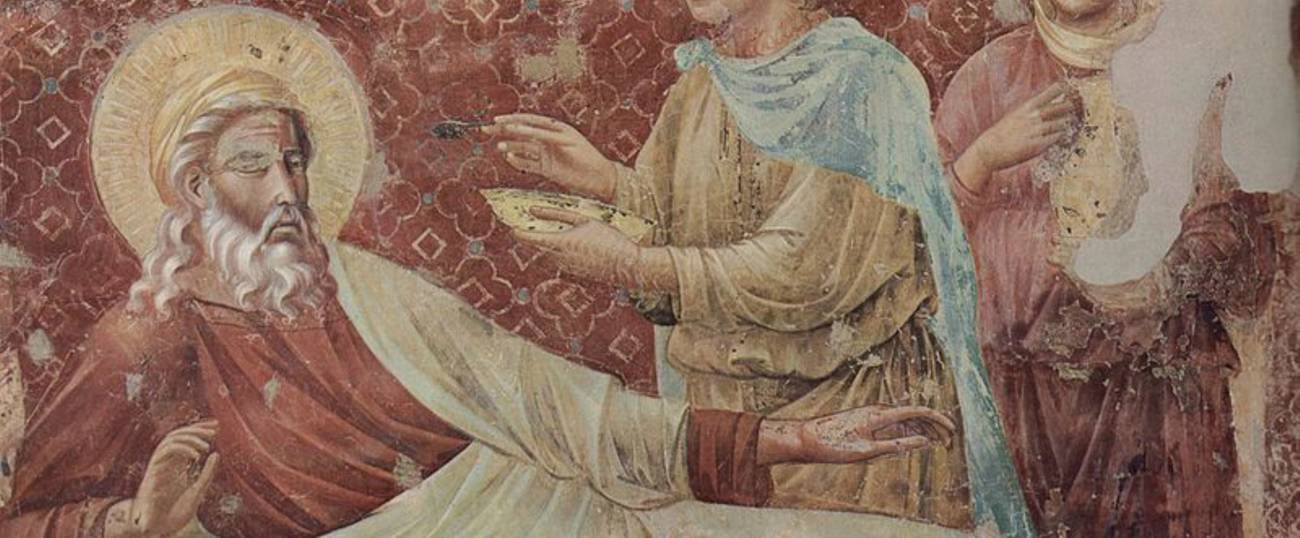What Abraham, Isaac, and Jacob Have Taught Me About Fatherhood
When both a father and his offspring are leaders, what’s the most ideal dynamic between them?




This Sunday will mark the third time I’ll being on the receiving end of Father’s Day celebrations. And it’s weird. This whole fatherhood thing still feels weird in general, but it’s the whole Father’s Day thing that truly epitomizes an altered state of consciousness that forces me look in all fatherly directions.
If you’re lucky enough to have a father that’s still alive, as I am, Father’s Day has begun to make me feel like I’m living that scene in Pirates of the Caribbean when Jack Sparrow—SPOILER ALERT!— hears the good Captain Teague growl behind him, “You’re in my way, boy,” as he stands in his father’s spot,
Celebrating Father’s Day when you’re simultaneously the father and the son is like yelling “Hey, I’m a grown, man!” at two generations in opposite directions, which really puts into perspective the Biblical father/son dynamics. Because of my new, multi-dimensional take on fatherhood, when I think about the Big Three—SPOILER ALERT!—Abraham, Isaac, and Jacob—I tend to think about the kinds of biblical fatherly dynamics I’d like to emulate, and perpetuate—with my daughter. How we can grow together moving forward?
Some people apparently consider me a “voice” or “leader” or somesuch, and my daughter (and son, when, G0d willing, he eventually shows up) is definitely going to be one or all of the above. So how does that balance of an authority figure-parent/authority figure-child actually work? What are the rules to that relationship when parent and child legitimately occupy the same commanding space, and how do they assert their authority without crossing lines of respect, and still harmoniously coexist? For these answers, I turn to the best yarn I know: the Bible.
I definitely don’t want our relationship to fall into an Abraham-Isaac dynamic. Isaac doesn’t really do much but rehash what Abraham did before him. And neither Abraham nor Isaac are able to operate in the same space as a father/son duo and as leaders in their own right. After Isaac’s near sacrifice on Mt. Moriah, Abraham, and Isaac—who still live with each other—are never seen in the same place together ever again.
The Isaac-Jacob dynamic doesn’t really work either, because while Jacob does wholly original things, he too can’t seem to operate in the same space as Isaac. His leadership begins after he flees the country to his uncle, Laban. And, yet again, even when he returns home, he and Isaac are never seen in the same space ever.
But the Jacob-Joseph dynamic? That one seems to be the best. They are both leaders of their respective worlds. They are able to give deference to one another’s authority and still adhere to a respectful father/son dynamic. Case in point, Jacob is the only patriarch whose life doesn’t have to be “wrapped up” so that focus can be pointed to the next generation. We’re told how old both Abraham and Isaac are when they die way before they actually chronologically bite it, in a sort of “we don’t need to hear about this guy anymore” kind of way.
Jacob? We see his story still being told even as Joseph’s is being told. And we even see the beginnings of the same dynamic repeating with Joseph and his sons Ephraim and Manasseh, the only multi-generational interaction we ever see from any of the Patriarchs. And that’s the kind of relationship I want to build with my own children, and to be a part of, on that eventual Father’s Day when at last I’m the one growling “You’re in my way, boy.”
MaNishtana is the pseudonym of Shais Rishon, an Orthodox African-American Jewish writer, speaker, rabbi, and author of Thoughts From A Unicorn. His latest book is Ariel Samson, Freelance Rabbi.